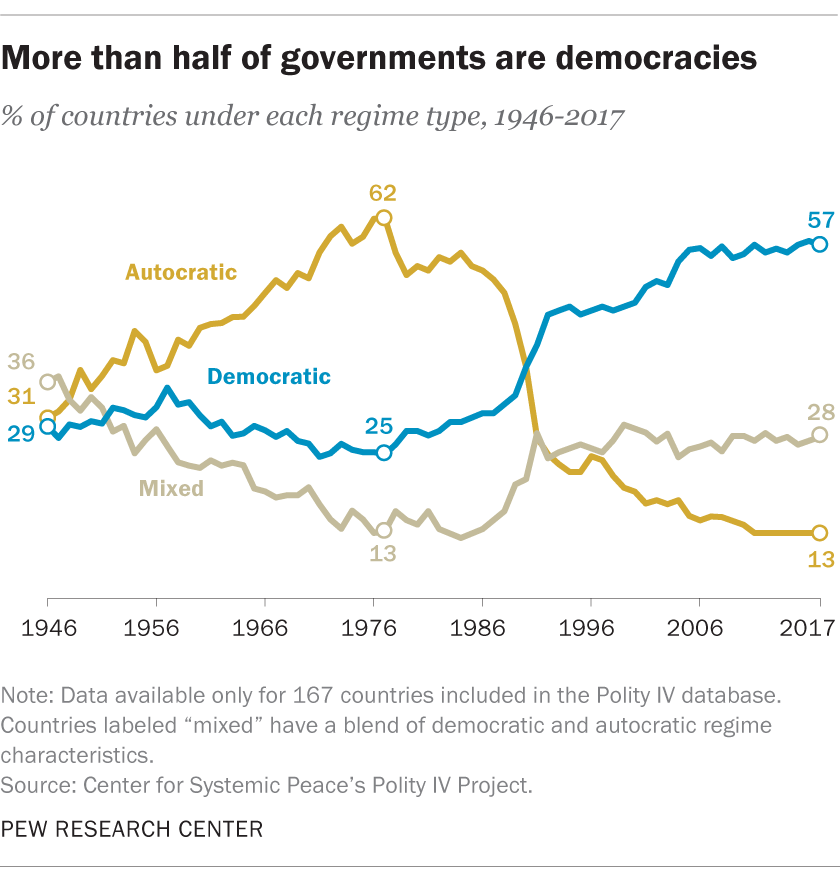[ad_1]

Introduction:
The evolution of a democratic society is centred around the expansion of rights: civil, political, economic and cultural, leading to the empowerment of people.
Democratic nations respect individual and group rights for moral and instrumental reasons.
Duties, both legal and moral, are cherished in order to reinforce those rights. The obligations of the individual to the collective must be understood in that context; Rights and Duties complement each other, just as responsibility comes with freedom.
The Relationship Between the Fundamental Rights, Directive Principles and Fundamental Duties:
Directive Principles have been used to uphold the Constitutional validity of legislation in case of conflict with Fundamental Rights.
According to the amendment of 1971, any law that even though it deviates from the Fundamental Rights, but has been made to give effect to the Directive Principles in Article 39(b)(c) would not be deemed invalid.
The Fundamental Duties will be held obligatory for all citizens subject to the State enforcing the same by means of a valid law.
Enforcement of Fundamental Duties of India:
- The fundamental duties are the duties that a citizen himself has to take care of. Court cannot enforce these duties.
- No writ can be issued in regard to the under fulfillment or the over fulfillment of the fundamental duties.
- However, in regard to the environmental contribution, the supreme court holds the central government responsible and expects it to take a number of steps to make it effective.
- The citizens need to monitor their own efforts in the case of fundamental duties.
- These are termed to be the moral obligations of a citizen, that are not obligatory in nature.
Dichotomy between the Rights and Duties:
- PM Narendra Modi sought to suggest a dichotomy between the rights and duties of citizens when he said last week that the country had wasted a lot of time “fighting for rights” and “neglecting one’s duties”.
- His speech was not the first time that he or other Hindutva protagonists have called for a foregrounding of duties over rights.
- Service and the sacrifices of nameless and faceless nation-builders have formed the bedrock of the modern Indian Republic, but their sacrifices were indeed for rights, dignity and autonomy. Any notion of rights and duties being adversarial or hierarchical is sophistic.
- The Indian Constitution enshrines equality and freedom as fundamental rights, along with the right against exploitation, freedom of religion, cultural and educational rights, and the right to constitutional remedies.
- The deepening of Indian democracy has led to an expansion of rights — education, information, privacy, etc. are now legally guaranteed rights. The state’s fidelity to these rights is tenuous at best.
- Citizens are generally duty-bound to protect the integrity and the sovereignty of the country, and this is true for India though there is no conscription.
- Other constitutional duties expected include a duty to promote harmony and brotherhood, and to develop scientific temper, humanism and a spirit of inquiry.
Enlightened citizenry: Critical to Progress and Good Governance:
- Any shift in state policy emphasis from rights to duties will be absurd and a disservice to many for whom the realisation of even fundamental rights is still a work in progress.
- An enlightened citizenry is critical to progress and good governance. But duty is not something that the citizens owe to the state.
- The obligation of individual citizens to the collective pursuit of a nation can be meaningful when their rights are guaranteed by the state.
- The citizen has a right to use a public road, and a duty to obey traffic rules. The right and the duty are meaningful only in conjunction.
- The Prime Minister’s comments come against this backdrop — formal and informal restrictions on the rights of citizens are on the rise along with coercive powers of the state.
- The emphasis on duty along with the de-emphasis of rights also raises the spectre of a descent into pre-Republican norms in social relations.
- The celebration of India as a traditionally duty-driven society carries with it the inescapable connotation of an exploitative division of labour and norms that are antithetical to constitutionalism. Needless to say, that is not progress.
Way Ahead:
Without the moral compass of rights, as enshrined in India’s constitutional charter, any language emphasising the role of ‘duties’ in a solitary tone will consequentially be harmful or would fail to protect the ‘interests’ of the claims that a rights-based discourse represents in India’s constitution: to treat everyone, with dignity, as ‘human’ and treat everyone ‘equally’.
There are essential duties that citizens have and are cognisant of. Paying taxes and fines, following laws, not committing violence against others and so on are part of a citizen’s responsibility, termed as ‘duties’.
But citizens can only commit to these duties when their basic rights are reciprocally safeguarded and protected.
Conclusion:
“Rights and duties are two sides of the same coin”. Giving one more weight or importance over the other, or pitting one side against the other, reflects badly on the moral significance both.
The observance of the fundamental duties mentioned in the Constitution by the citizens creates the proper environment for enjoyment of fundamental rights.
Finally Fundamental rights and fundamental duties constitute one of the most important texts of the constitution.
Where they tell us about the rights that we can access, it also puts forth the moral duties of a citizen.
Where the constitution grants us with one thing, it also expects something from its countrymen. It becomes vital for a citizen to be aware of his rights and duties that he can exercise in the court of law.
[ad_2]

